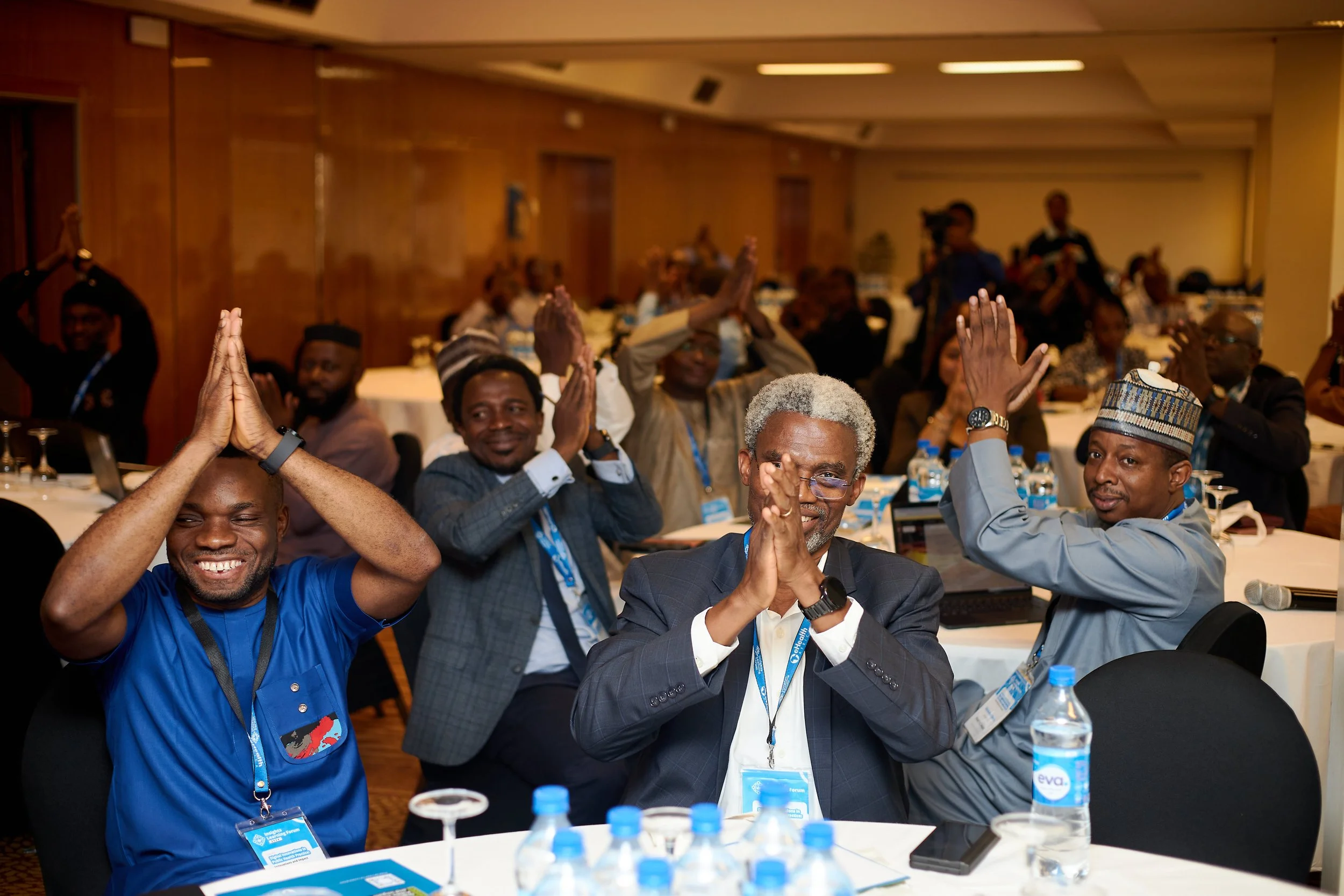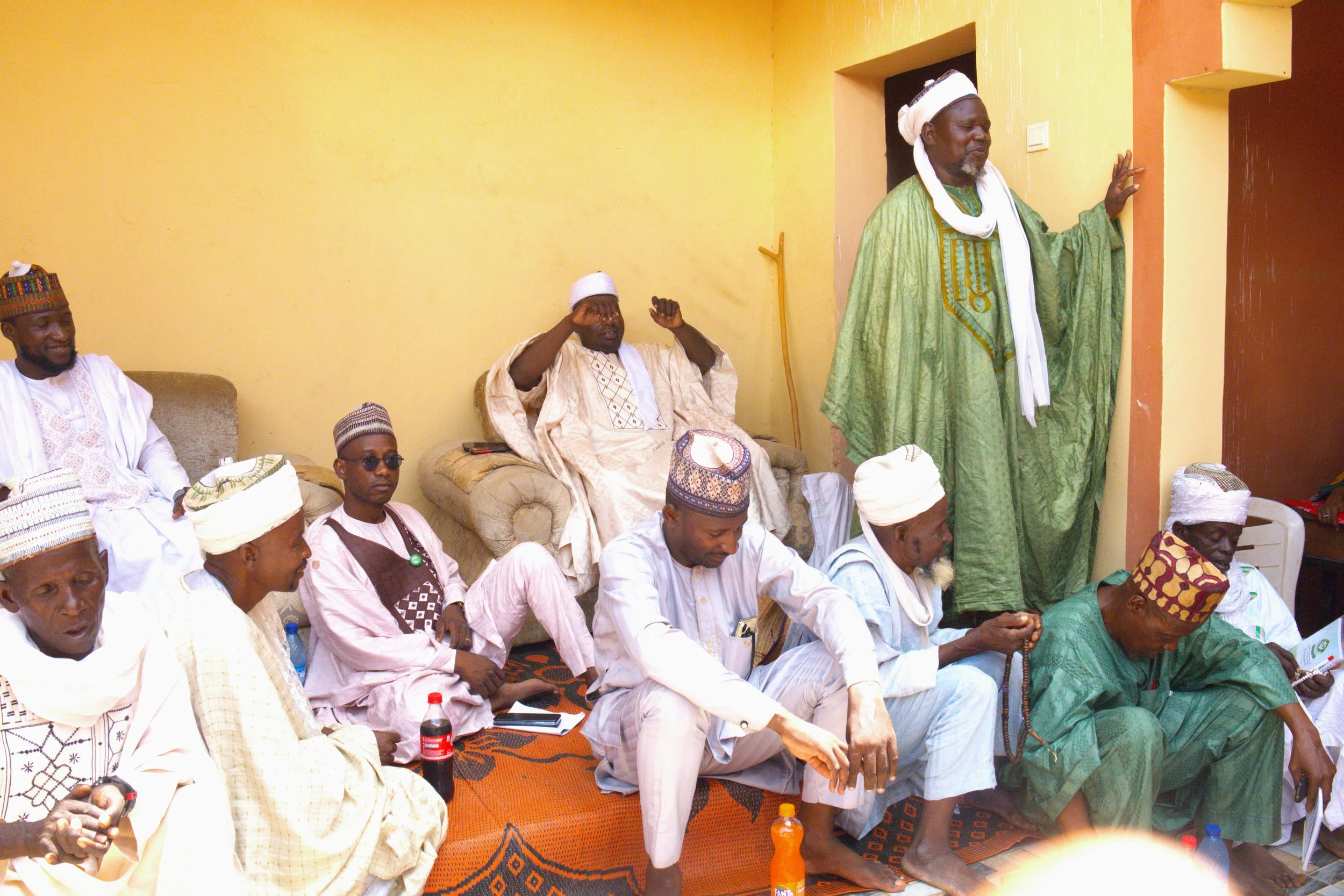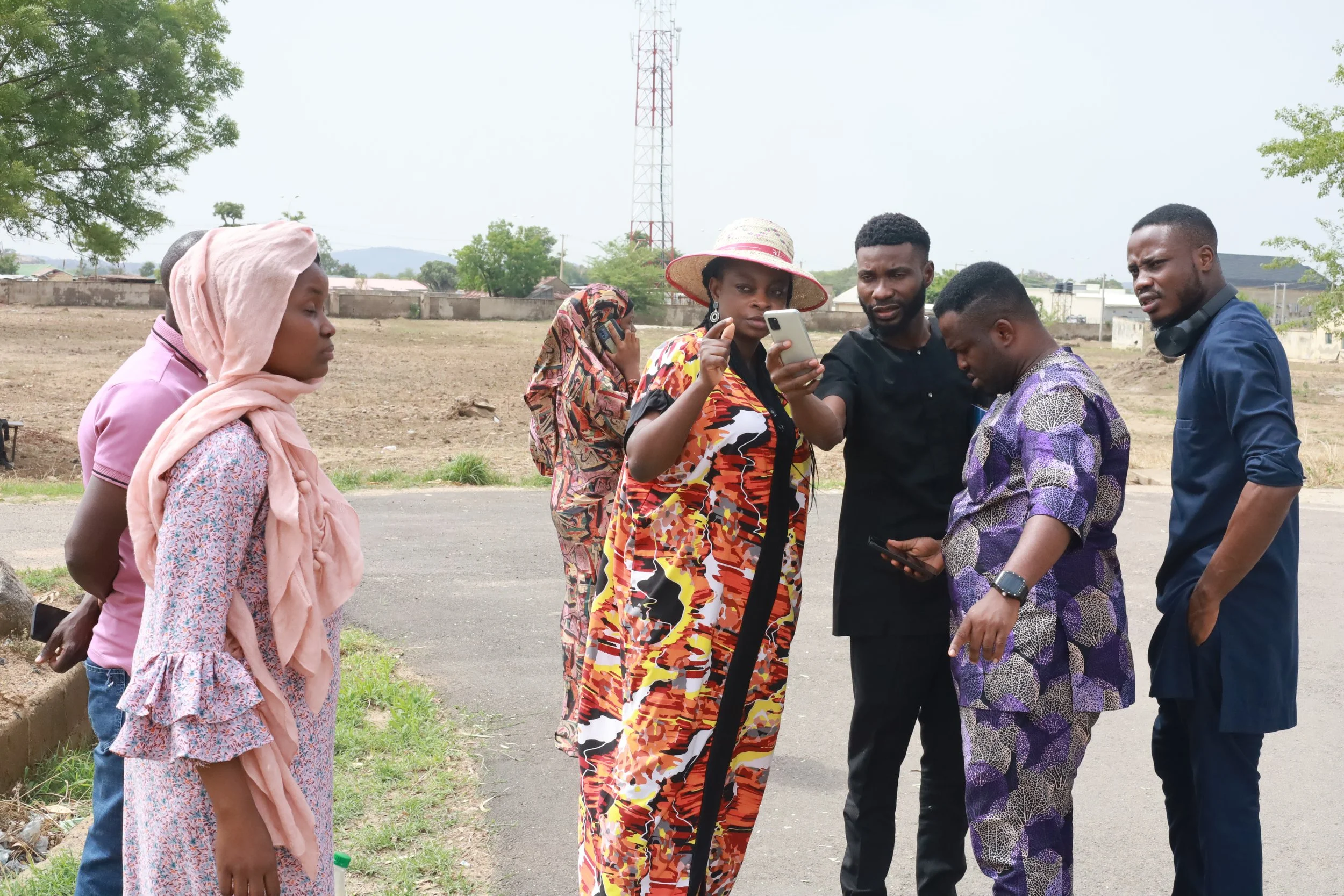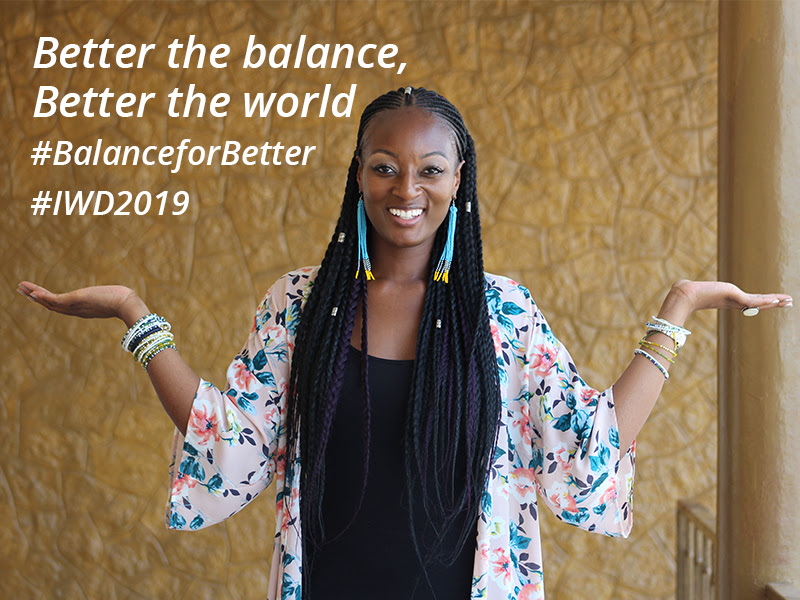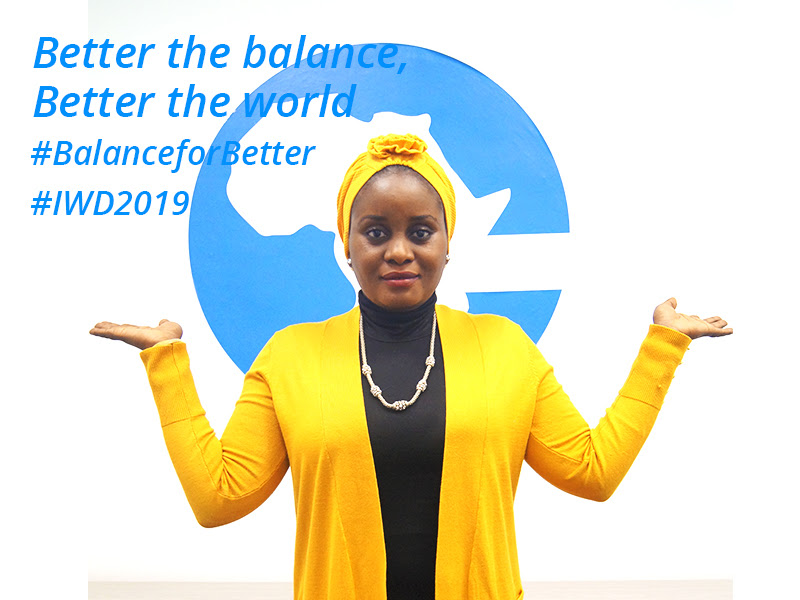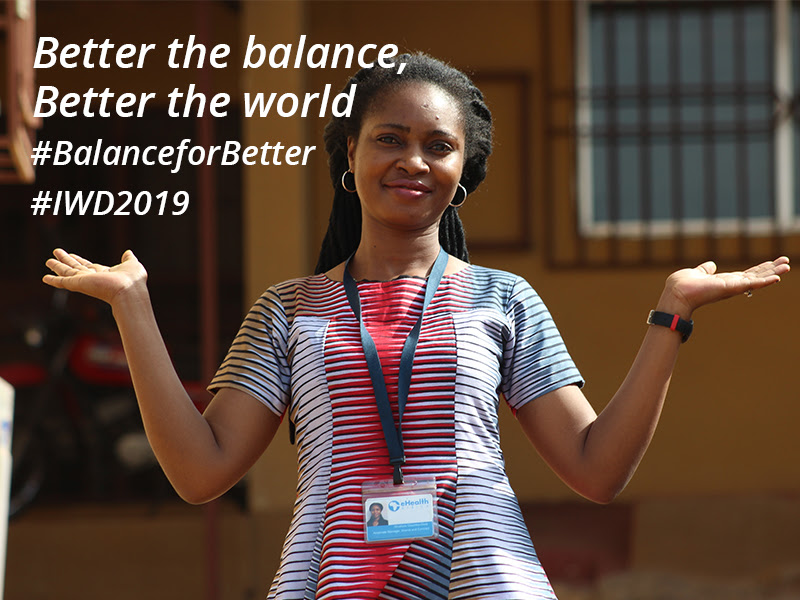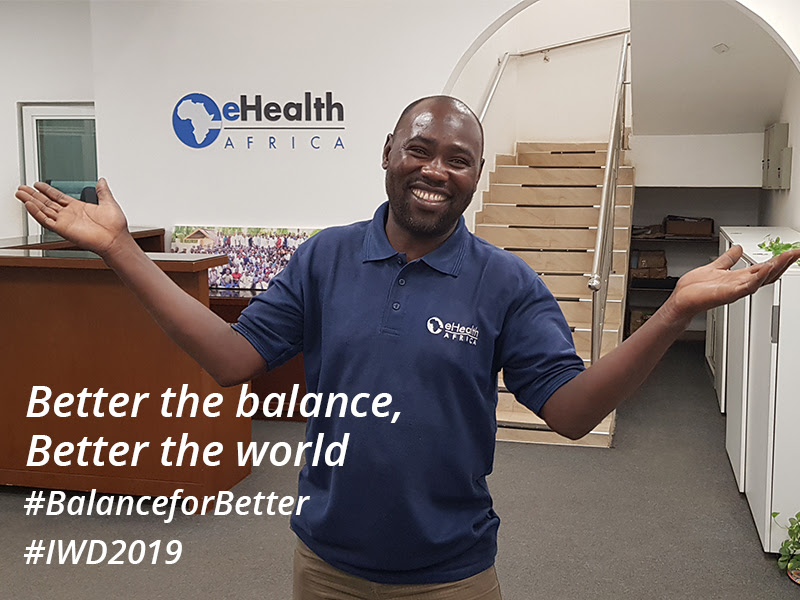By Uche Ajene
The first-documented most widespread and deadly outbreak of the Ebola Virus Disease (EVD) in West Africa devastated three countries: Guinea, Liberia, and Sierra Leone. The outbreak started in May 2014 and by November 2014, during the height of the outbreak, Sierra Leone recorded over 500 new cases of Ebola a week. By October 2015, a total of 8,704 EVD cases had been diagnosed, and 3,589 people had died of Ebola in Sierra Leone.
This disease caught the country’s Ministry of Health and Sanitation (MoHS) by surprise. The outbreak could not be effectively managed because the country did not have the requisite capacity (structure and staff) and systems -Standard Operating Procedures (SOPs), policies and plans, to effectively manage and mitigate the risks posed by the disease.
Ebola’s destruction on the peoples of Sierra Leone and the absence of appropriate structures to deal with future outbreaks, prompted the establishment of Public Health National Emergency Operations Center (PHNEOC) in June 2015, as a coordination structure charged with the responsibility of providing public health emergency preparedness leadership, scientific and technical situational awareness and advice at a national level.
As Sierra Leoneans reflect on the atrocities of Ebola and other emergencies, this question becomes inevitable: Is Sierra Leone better prepared to address any future public health emergencies?
To better prepare for future outbreaks, the U.S. Centers for Disease Control and Prevention (CDC), in collaboration with the Ministry of Health and Sanitation and eHealth Africa, conducted successful trainings for health workers and other stakeholders on Public Health Emergency Management, Risk Communication,Threat and Hazard Identification and Risk Assessment (THIRA), Incident Management Systems and Public Health Operations and Management. These training sessions were done in Bo, Bombali districts and Western Area Urban with the involvement of health workers, district councillors, the national security agency and members of the agricultural sector. These trainings are geared towards improving the PHNEOC’s capacity to better prepare for health-related emergencies.
The PHNEOC/MoHS as beneficiaries have acquired increased knowledge on the method of approach in risk mitigation, analysis, preparedness, response, and recovery. For instance, EOC Focal Persons have been trained in all districts in Sierra Leone to decentralize command and control approach which has provided the necessary pace, efficiency, and structure for response efforts and foster real-time reporting and bridged the gap in communication from the districts EOC’s to the national EOC. eHA, with support from CDC, has embarked on introducing tools that seek to improve the coordination strategy of the PHNEOC such as the Virtual Emergency Operations Center (EOC) communication platform tool. eHA has partnered with MoHS with support from CDC to train about 200 PHNEOC/MoHS staff on various public health emergency topics such as tabletop simulation exercises on Cholera and Lassa Fever; Executive Management training and Virtual EOC training.
“I have participated in several trainings, I must confess that knowledge gained in this training is exceptional and can contribute meaningfully in any future outbreak and also benefit my District Health Management Team (DHMT) with management skills.”
Virtual EOC training participants
Sahr Amara Moiba, District Surveillance Officer and EOC focal person in Kono district, is one of the 200 beneficiaries of the EMP training.
In 2018, there was a Measles outbreak in Pujehun and Kambia district. The EOC focal persons in these districts sent in a daily situational report to the national EOC which was presented to partners during the daily briefing meetings held at the EOC.
As part of the effort to strengthen the PHNEOC preparedness and response capacity, and also improve on the country’s Joint External Evaluation scores, eHA in collaboration with MoHS with support from CDC, developed SOPs for public health response. These SOPs will help improve on the response strategy of the PHNEOC in a coordinated way.
“These SOPs will help foster a coordinated response in an event of any public health emergency.”

